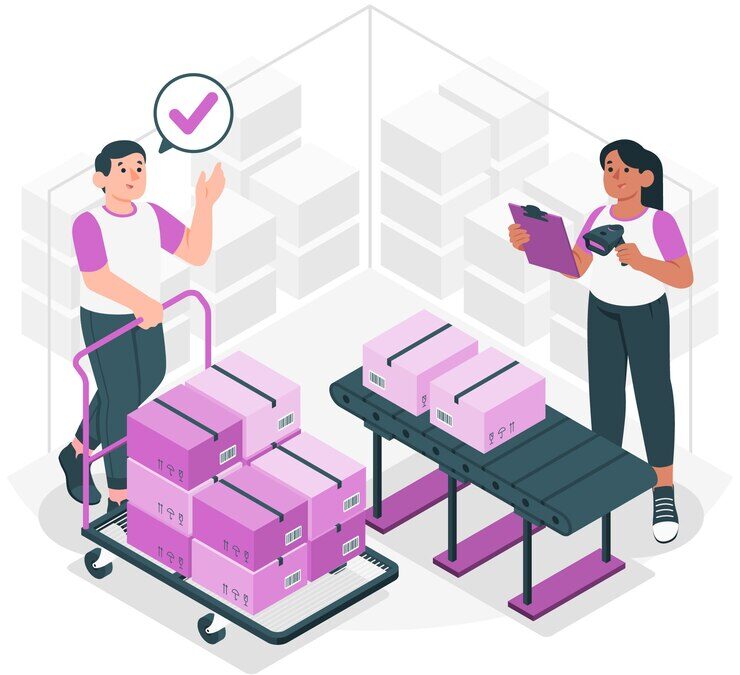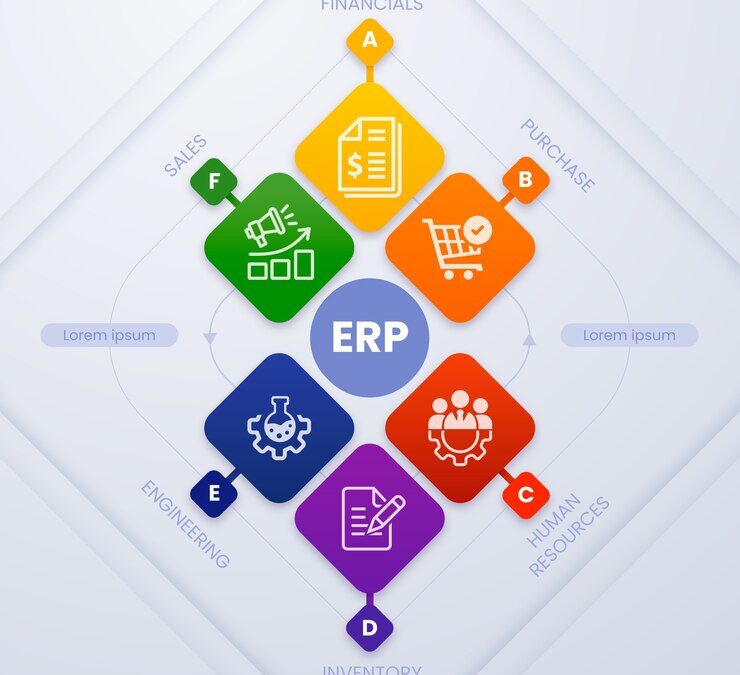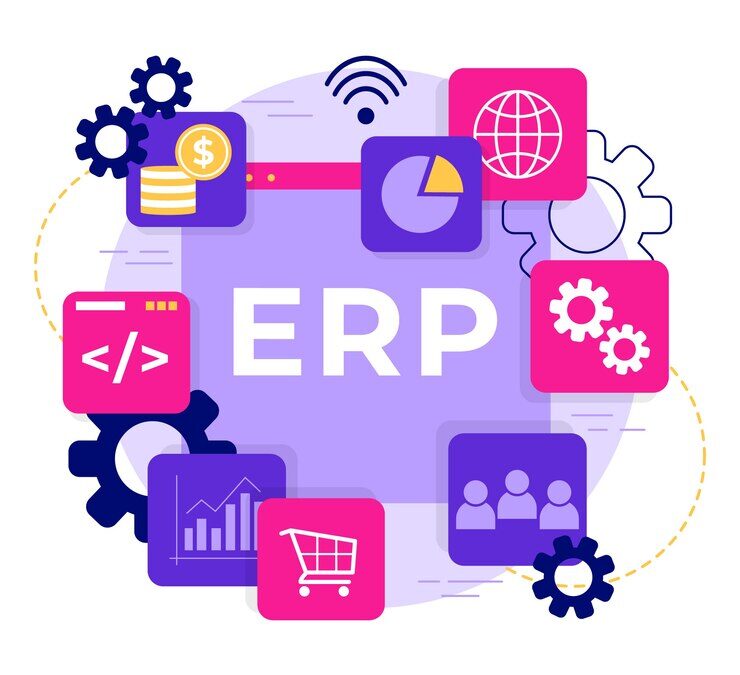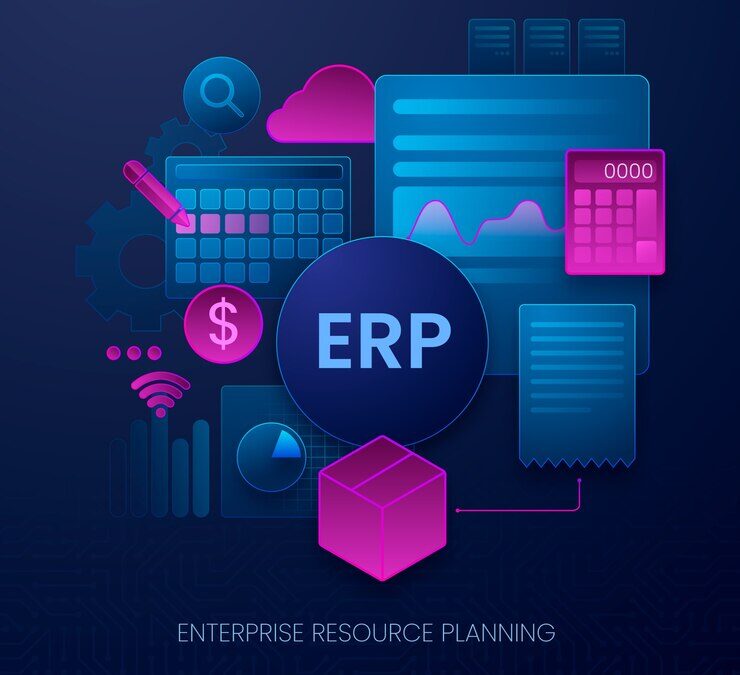
Smart Sync: Revolutionizing Warehouse Inventory Flow
Introduction
In today’s fast-paced business landscape, effective inventory management has become the cornerstone of operational excellence. Companies are constantly seeking innovative solutions to streamline their warehouse operations, reduce costs, and enhance overall efficiency. This blog post delves deep into the world of inventory management, exploring cutting-edge strategies and technologies that are transforming how businesses track, manage, and optimize their inventory.
What is Inventory Management?
Inventory management is a critical business process that involves overseeing and controlling the ordering, storage, and use of a company’s inventory. It encompasses a wide range of activities designed to ensure that the right products are available at the right time, in the right quantity, and at the right location. Effective inventory management is much more than simple counting and tracking – it’s a strategic approach that directly impacts a company’s bottom line.
Key components of inventory management include:
- Tracking product quantities
- Monitoring stock levels
- Forecasting demand
- Optimizing storage
- Minimizing carrying costs
- Preventing stockouts and overstock situations
Warehouse Inventory Management Software: A Game-Changer
In the digital age, warehouse inventory management software has emerged as a transformative solution for businesses of all sizes. These sophisticated tools leverage advanced technologies to provide real-time insights, automate complex processes, and dramatically improve inventory accuracy.
Modern warehouse inventory management software offers:
- Real-time inventory tracking
- Automated reordering systems
- Predictive analytics
- Integration with other business systems
- Advanced reporting and insights
- Barcode and RFID tracking capabilities
Benefits of Advanced Inventory Management Solutions
- Cost Reduction: By optimizing stock levels and reducing waste, businesses can significantly cut operational expenses.
- Improved Accuracy: Automated systems minimize human error and provide precise inventory counts.
- Enhanced Customer Satisfaction: Better inventory management means fewer stockouts and faster order fulfillment.
- Data-Driven Decision Making: Advanced analytics provide insights that drive strategic business decisions.
Implementing Effective Inventory Management Strategies
Successful inventory management requires a comprehensive approach:
- Conduct regular inventory audits
- Implement robust tracking systems
- Develop accurate demand forecasting
- Create flexible inventory policies
- Invest in training and technology
The Future of Inventory Management
The landscape of inventory management is rapidly evolving, with emerging technologies like:
- Artificial Intelligence (AI) for predictive analytics
- Internet of Things (IoT) for real-time tracking
- Machine learning for demand forecasting
- Blockchain for enhanced supply chain transparency
Conclusion
Mastering inventory management is no longer optional – it’s a critical competitive advantage. By embracing advanced technologies, implementing strategic approaches, and continuously adapting to changing business needs, companies can transform their warehouse operations and drive significant business success.
Frequently Asked Questions
- What is the primary goal of inventory management? The primary goal is to maintain optimal inventory levels, minimize costs, and ensure products are available when needed, balancing supply and demand effectively.
- How does warehouse inventory management software improve business operations? It provides real-time tracking, automates processes, reduces errors, offers predictive insights, and helps make data-driven decisions about inventory.
- What are the biggest challenges in inventory management? Key challenges include accurate demand forecasting, managing multiple storage locations, preventing stockouts and overstocking, and integrating various business systems.
- How often should a company conduct inventory audits? Most businesses benefit from quarterly physical inventory counts, with ongoing digital tracking and monthly reconciliations.
- Can small businesses benefit from advanced inventory management systems? Absolutely! Many modern solutions are scalable and offer cost-effective options for businesses of all sizes, providing significant operational improvements.




